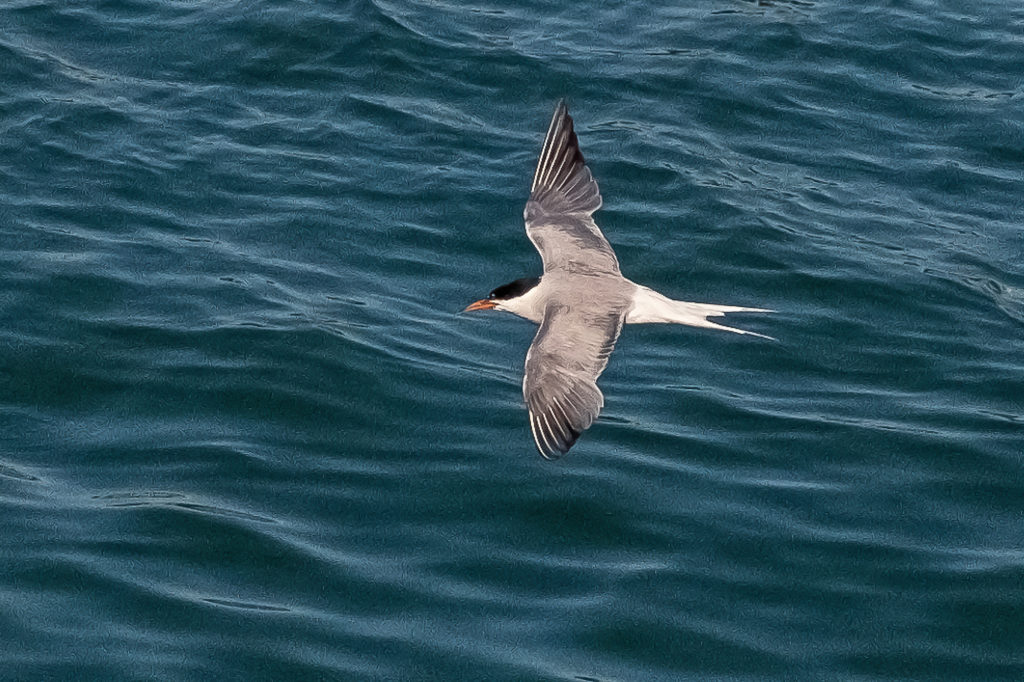‘Life tripped me up’ is a line from a poem dictated in Turkish over a phone line from a prison, a series of which have held the poet since he was 21.
Participation in a protest over the government’s treatment of Kurds sent him into a cell as a young man. He confessed to crimes he had denied before torture that has left him scarred for life.
His pre-trial detention lasted for twenty-two years before his sentence to life imprisonment was confirmed. He wrote recently that he ‘can’t touch or communicate with other people or animals’.

Ilhan Çomak is an extraordinary Kurd jailed for having fallen foul of the Turkish government. He has been detained for 26 years despite the evidence of his innocence. His prison tariff was extended in 2016. He could be eligible for release in four years but he will not touch or communicate with other people or animals before he turns 50.
The pandemic has heaped more misery on him. He now has to endure 24/7 solitary confinement without books or exercise breaks. Life really has tripped him up.
I’ve mentioned Ahmet Altan before now, jailed for life for having fallen foul of the Turkish government. I have written several times in these journals of the journalist, Nurcan Baysal, in Amed (Diyarbakir) who is under threat for writing her observations. You can read more of Nurcan Baysal and others on the PEN International website.
These are real life stories. You might think you don’t need to read fiction but as Elif Shafak says, herself a Turkish exile, fiction is about life and she doesn’t know anyone who doesn’t need empathy or emotional connection.
We sat in on the Guardian-hosted Elif Shafak interview last week of which there’s a good summary that Libran Writer has written here. My take on this interview with one of this year’s Booker nominees pivots on two key points and one very sad fact. But first, let me say that Elif Shafak was an excellent speaker and a huge amount of what she said resonated deeply within me.
So, making a couple of points is more about the brevity of a journal than her interview.
When Shafak said that ‘Cognitive flexibility is important’, I was reminded of the many writers and poets jailed in Turkey. Shafak was talking about writing from a mindset of the characters she imagined. I imagine the jailed imagining virtual journeys outside the confining space of their incarcerations. There are so many imaginings of how the world could be different to the way we perceive it. Such power our minds have and yet so little of that power is directed to reciprocal altruism.
Shafak talks of how ‘Oppression starts with words’. This reminded me of another of this years’ Booker nominees, author Colum McCann, who wrote of the Parent Circle Families Forum, a club no one wishes to join because membership requires the loss of a family member to the Palestinian-Israeli conflict. Their slogan is that ‘It won’t end until we talk.’
Words start and end conflicts. It’s really hard to imagine a conflict without words. A central tenet of Shafak’s talk was that equality depends on words too. It seems to me that the current rising authoritarianism is deeply rooted in words. Nationalist slogans are always corrosive. Equality is usually the earliest victim. [Hindu supremacists are on a mission to rewrite history on their path to 1920’s style facist Hindutva.]
The sad fact that I learned was that Turkish dictionaries are only 55% the size of their Ottoman predecessors. Imagine feeling the need to switch to writing in a language that has a bigger vocabulary so that you can express yourself better about the language and country that is being purged of its nuances. How ironic.
Then again, Turkey doesn’t do irony. It just trips you up.
Caveat emptor: my musings may not be correct.

Oh, the damage and horrors humans can create. Once it becomes “us vs them” then it’s hard to find a good way forward. Is this our biggest challenge? How can we all feel like (and respect others for being so) an equal part of the living world? And, if we can’t achieve that, is it worth worrying about other problems like our enormous level of pollution? It’s possible that if we can achieve true inclusivity with everyone and everything, all other problems will take care of themselves.